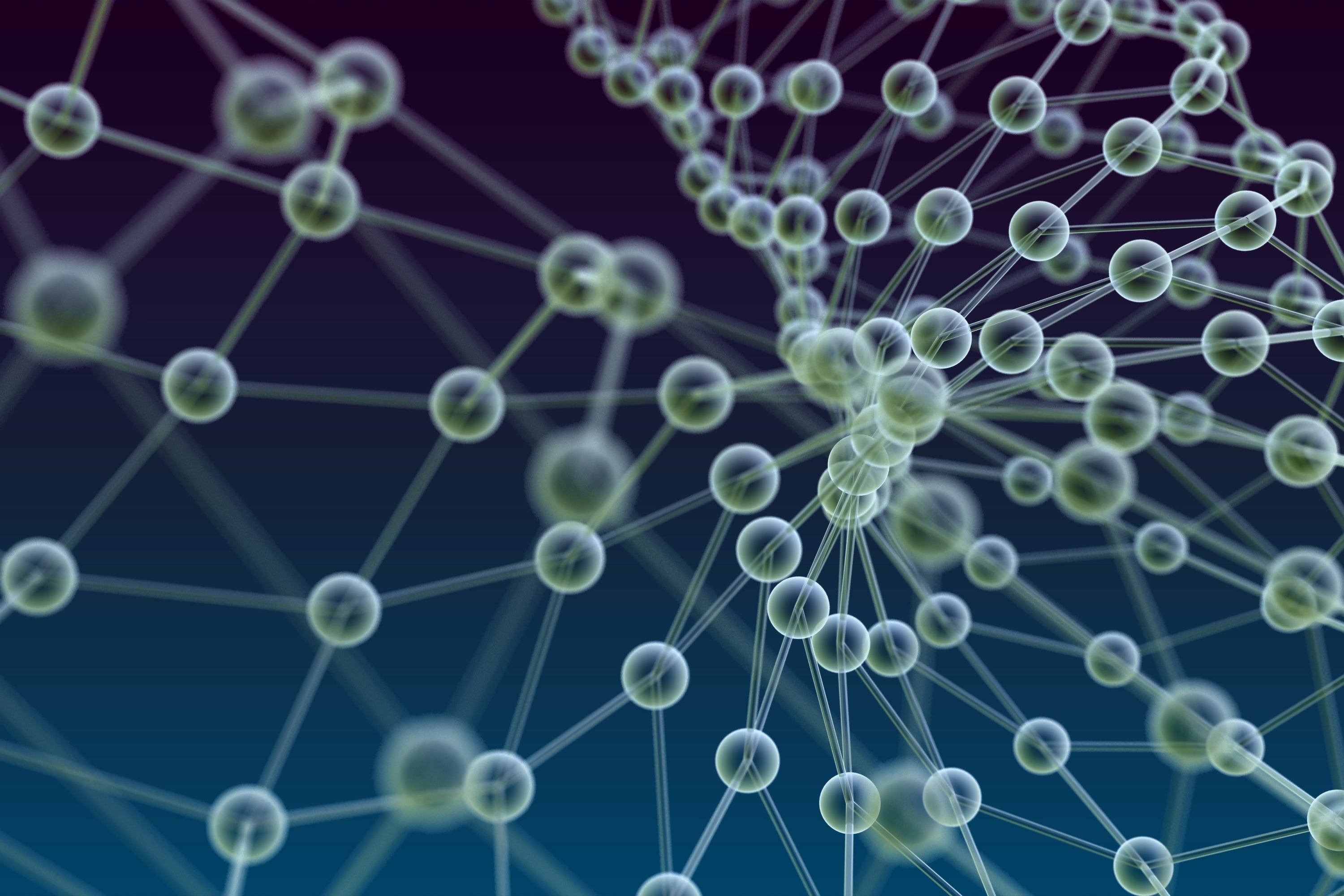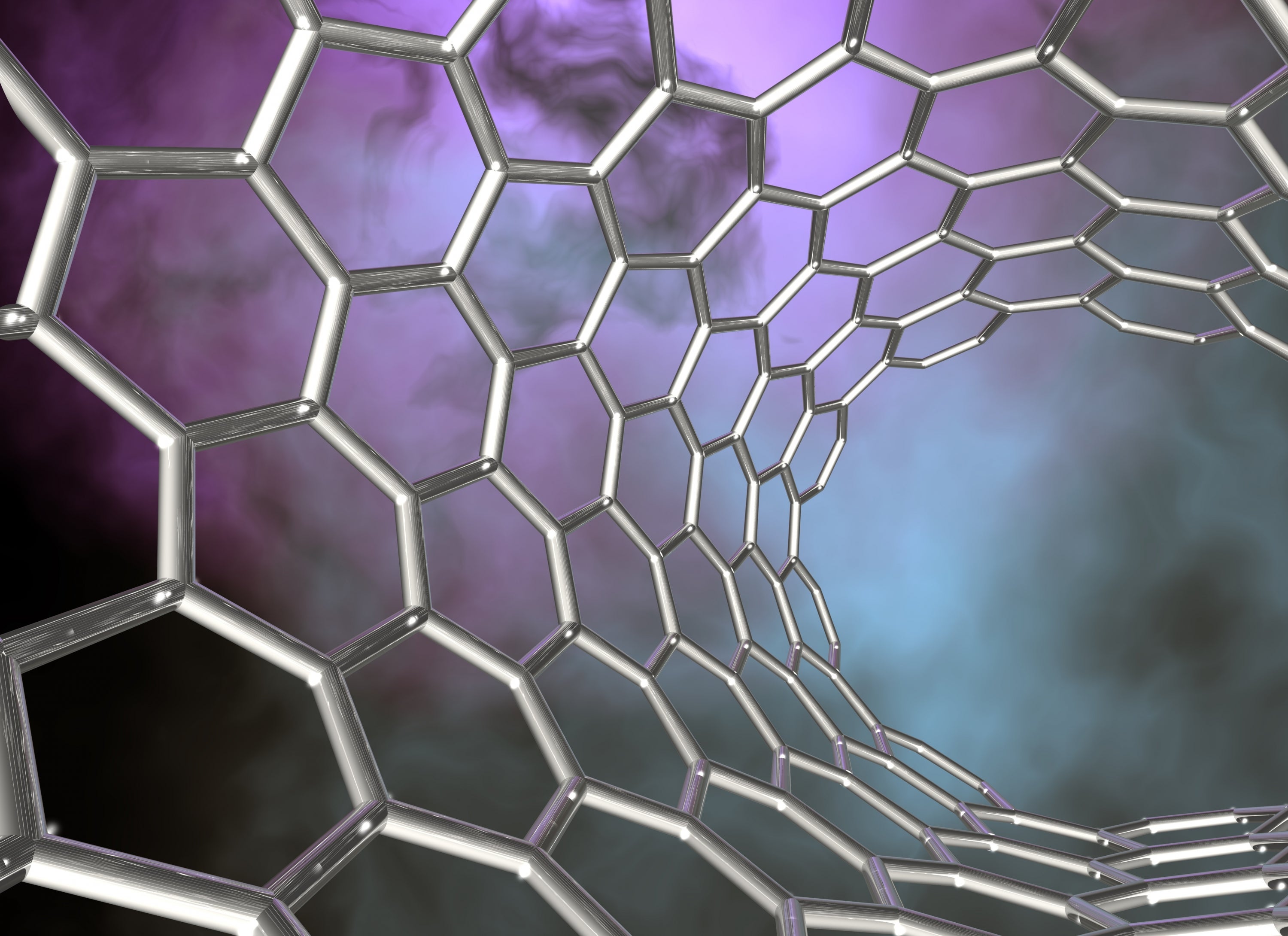Creative polymer science and engineering... Supporting industry in its search for excellence

Technological initiatives
Technological initiatives from the Institute for Polymer Research (IPR) have been instrumental in the development of better polymers for wire and cable applications, polymer modifications to make heat- and oil-resistant rubber, new polymer alloys and blends, systems for recycling polyolefin containers, the computer design of extrusion screws and dies and computer modelling and control of polymerization processes.
The Institute
The Institute carries out applied and fundamental research in areas that are of vital interest to the plastics, coatings, adhesives and elastomers industries. This includes work in such diverse fields as molecular weight characterization, thermal characterization, emulsion polymerization, polymer processing, polymerization kinetics, copolymerization, reactive extrusion, polymer-based catalysts, polymer photochemistry and development of new monomers and polymers.
Member firms in the Institute receive:

- Two days of free consulting per annum by faculty members
- Advanced research results before papers are published
- Participation in Annual Symposium held in May
- Membership on the IPR Industrial Advisory Council
- Reduced rates on analytical and other research services
- Priority on contract research
Intensive short courses
IPR also provides intensive short courses in Canada, USA, South America and Europe, or in-house for members firms.
News
Waterloo IPR Researcher Create Greener Hydrogel for Personal Hygiene Products
Professor Tizazu Mekennon from Chemical Engineering has created a plant-based superabsorbent material that could transform the environmental footprint of everyday hygiene products, including diapers and menstrual care items.
Distinguished Lecturer Professor Christopher Bowman
Students and faculty members from Chemical Engineering and Chemistry were treated to a fascinating presentation by Professor Christopher Bowman from the University of Colorado Boulder. During his talk, Prof. Bowman shared some of his latest research on the use of photopolymerization to generate highly crosslinked covalent adaptable networks enabling glassy materials to deform as elastomers do, while retaining their new shape as thermosets would, thus merging in a single material the opposite mechanical properties expected from elastomers and thermosets.
Another successful IPR Symposium
The Institute for Polymer Research (IPR) held their annual Symposium event April 30th and May 1st. Over 75 students, industry members and academic members enjoyed over 30 scientific presentations during the two days.
Events
2026 IPR Symposium
The IPR is happy to announce our 2026 IPR Symposium. We are excited to hear our Keynote Speakers. Dr. Jenner Ngai from NRCC and Professor Todd Hoare from McMaster University. Industrial Registration Link.






